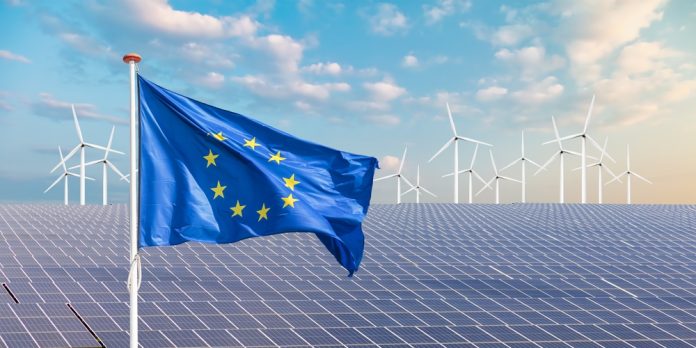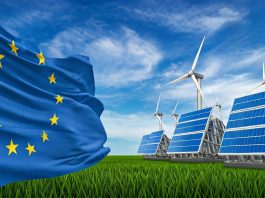The EU aims to be carbon-neutral by 2050 as part of the comprehensive European Green Deal that was agreed upon four years ago.
However, an analysis of the policy documents outlining the practical measures of the European Green Deal shows that it will decrease carbon emissions in Europe but also increase carbon emissions outside of the EU.
This increase is more than double the amount of carbon emissions saved by the deal.
This conclusion was reached by an international team of scientists led by Klaus Hubacek, Professor of Science, Technology, and Society at the University of Groningen.
A comprehensive analysis of the European Green Deal
The European Green Deal is a set of policies intended to fully decarbonise Europe by 2050. It also includes measures for clean energy production and ecological restoration.
Hubacek and colleagues from the United States and China carried out full supply chain analyses of the policy documents underlying the Green Deal.
They concluded that the Green Deal, in its current form, will increase emissions in countries outside the EU by 244.8% compared to its carbon reduction goal in the land, land use change, and forestry sector within EU borders.
Rising emissions in other countries
One example is the measure to increase biodiversity in Europe by planting three billion trees.
“However, trees require a lot of land that cannot be used to produce food. That means that food must be produced elsewhere, and to do this, land must be converted into cropland,” explained Hubacek.
“This increases the carbon dioxide emission and reduces biodiversity.”
In this way, the EU would reduce carbon emissions within its borders but ‘export’ them to the countries that produce our food, such as Africa or South America.
The European Green Deal does contain a paragraph forbidding the import of products (such as meat or animal feed) for which woodland is converted to farmland. However, Hubacek is sceptical.
He said: “Nothing stops these other countries from growing products for Europe on existing farmland and felling forests to produce for the local market. There are simply too many uncertainties in these types of regulations.”
The Green Deal also calls for an increase in organic farming, but this requires more farmland in Europe.
The role of plant-based diets in carbon reduction
However, the scientists did not just reveal the negative impacts of the Green Deal on the rest of the world. They also looked at different scenarios to see if overall carbon reductions could be enhanced.
By adopting a more plant-based diet, it is possible to save an enormous amount of carbon emissions.
Another measure is to phase out food-based biofuels within the EU, which would reduce the amount of farmland needed, thus saving carbon emissions and preventing biodiversity loss. The EU could also assist developing regions in increasing their agricultural efficiency, which would also reduce land use.
Although the research shows that the European Green Deal in its present form could result in a net loss for the global environment, the scientists conclude that it can be remedied.
Hubacek said: “The programme is driven by techno-optimism, but our analysis underlines that there is no free lunch.
“I very much doubt that ‘green growth’ is possible, as everything you produce requires an input of resources. So we really need to consume less.”
There is a strong sense of urgency now that global warming seems set to surpass the 1.5 degrees from the 1995 Paris Agreement, and many other planetary boundaries are also being overstepped.









